
4 types of nuts
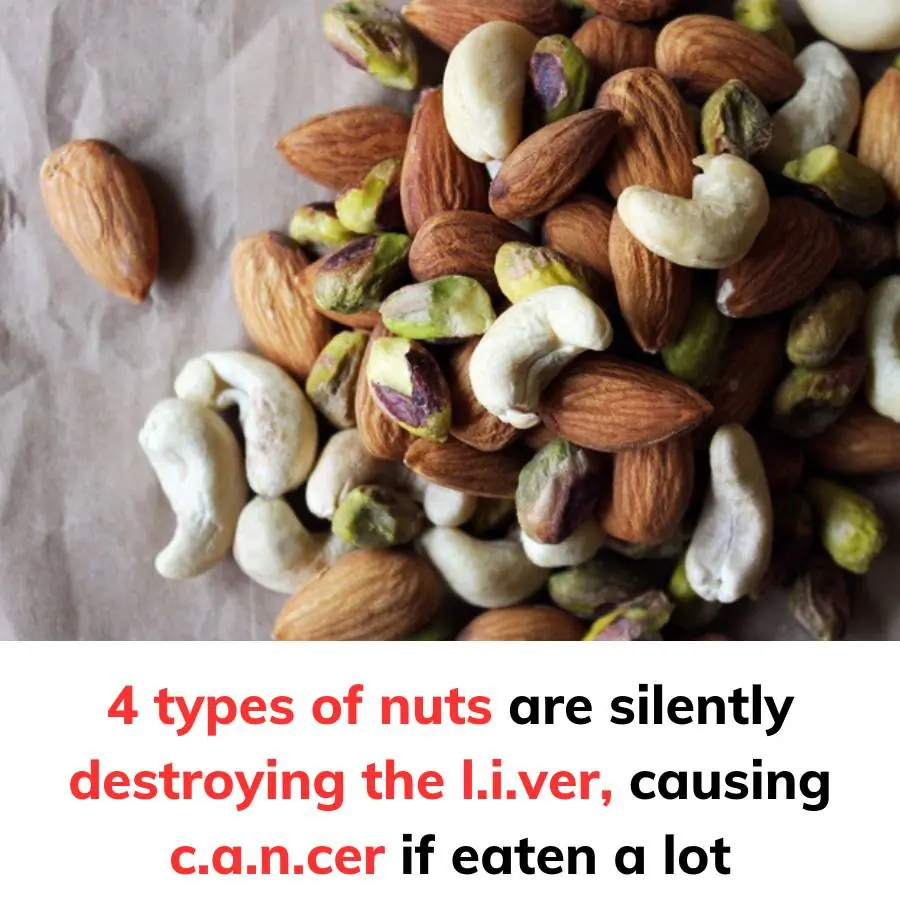
Nuts have long been known as healthy foods with abundant nutrients, containing lots of protein, fiber, vitamins and minerals. However, if eaten incorrectly or improperly, they can become "enemies" of health, especially the liver. Some nuts not only increase the burden on the liver but also pose the risk of liver cancer and other health problems. Therefore, stay away from or limit eating the following 4 types of nuts:
1. Moldy or sprouted nuts
Peanuts, corn, cashews or many other nuts, if moldy or sprouted under improper storage conditions, are at risk of aflatoxin contamination. This is a toxin that directly damages the liver and is classified by the World Health Organization (WHO) as a very dangerous carcinogen.
Aflatoxin is not completely destroyed even when cooked at high temperatures. Long-term consumption of aflatoxin can damage liver cells, leading to chronic hepatitis, cirrhosis, and liver cancer. Moldy or germinated seeds can also contain enzymes that disrupt digestion and affect the intestines. Long-term consumption of this toxin not only damages the liver but also causes inflammation and impairs immune function.
2. Processed nuts contain a lot of fat and sugar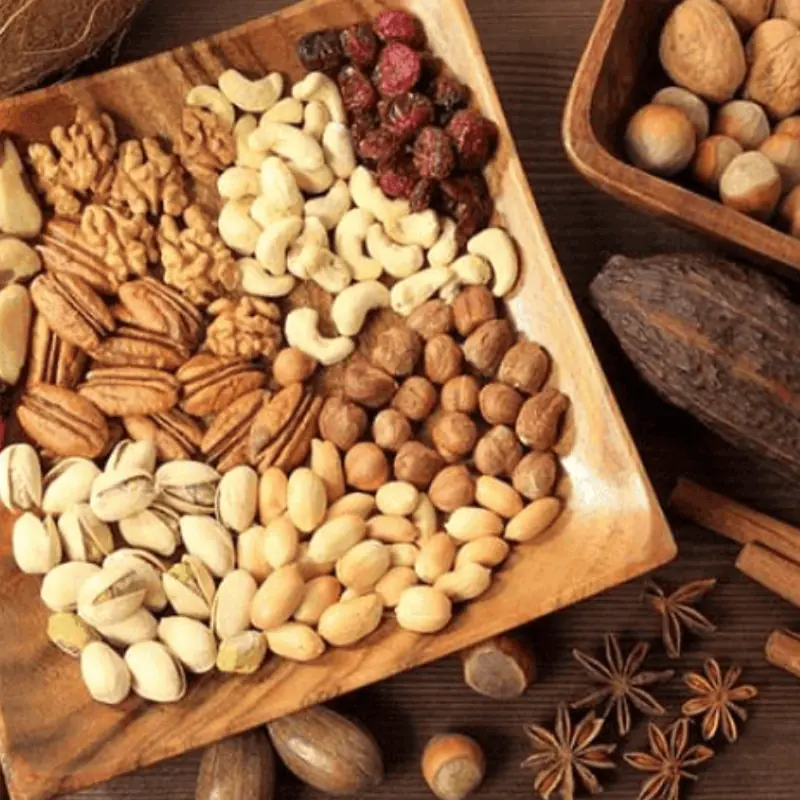
Processed nuts such as fried peanuts, honey-roasted cashews, or sugar-coated nuts are popular with many people because of their delicious taste. However, they often contain large amounts of fat, sugar, and preservatives, significantly reducing their natural nutritional value. You should eat them in moderation to protect your liver and overall health.
When consuming these nuts, the liver has to work overtime to metabolize excess fat and sugar. This leads to fatty liver, hepatitis, and increases the risk of cirrhosis or liver cancer. High calories from fats and sugars cause rapid weight gain, obesity, which in turn leads to cardiovascular disease and diabetes.
3. Some nuts contain natural toxins
Some nuts such as bitter almonds, raw cashews, or unprocessed walnuts contain cyanogenic glycosides, compounds that release cyanide when entering the body. While cyanide is a dangerous poison, it can cause liver damage if consumed over a long period of time. Cyanide can also damage the nervous system, leading to symptoms such as headaches, dizziness, or even seizures in severe poisoning.
In addition, some nuts contain phytotoxins, which are natural plant toxins that can cause nausea, diarrhea, or allergies if eaten in large quantities. The liver has to work harder to metabolize these toxins, leading to inflammation and damage to liver cells. If eaten in excess, cyanogenic glycosides can cause difficulty breathing and increase the risk of lung damage. So only use properly processed nuts and avoid eating them raw or under-processed.
4. Nuts with too much salt
Many nuts processed by adding a lot of salt are not good for your health if consumed in large amounts over a long period of time. Although they taste good, consuming too much salt not only increases the risk of high blood pressure but also puts a lot of pressure on the liver and kidneys.
Because the liver needs to coordinate with the kidneys to eliminate excess sodium. When the sodium level is too high, the liver has to work continuously, which can easily lead to hepatitis, cirrhosis and slow down the regeneration of liver cells. Eating too much salt also increases the risk of high blood pressure, stroke and heart failure. In addition, excess sodium causes water retention in the body, making you feel swollen and electrolyte imbalance. It is recommended to limit the consumption of nuts with high salt, especially for people with cardiovascular, kidney or liver disease.
News in the same category

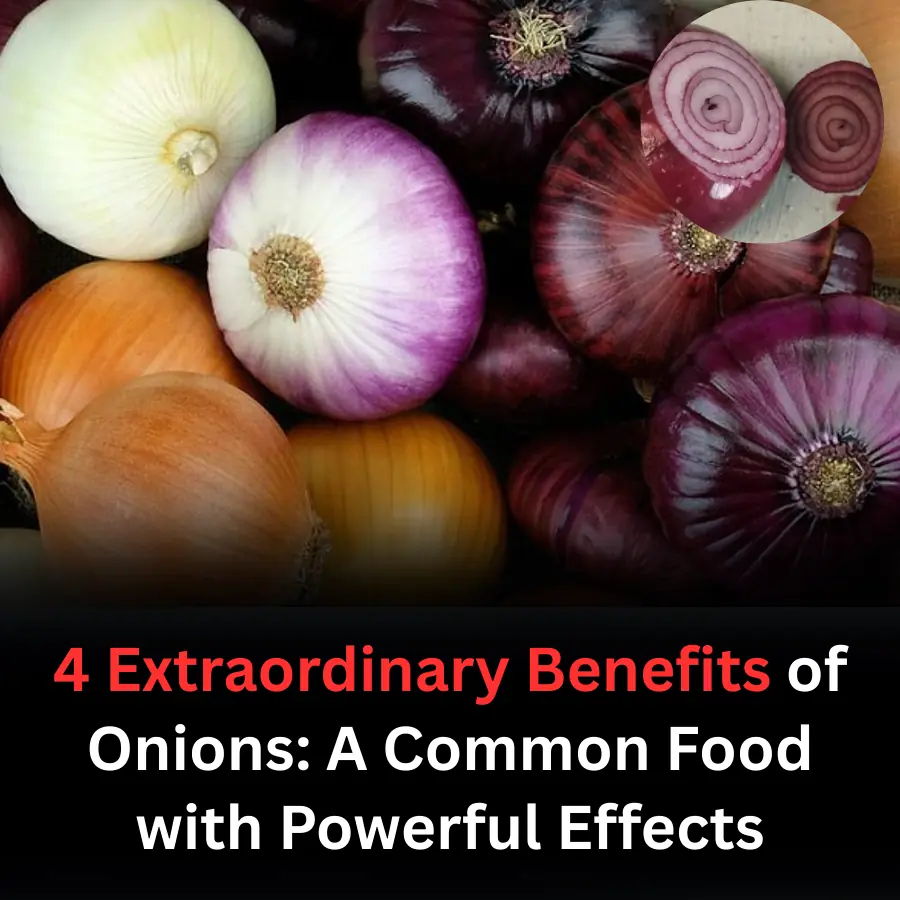
4 Extraordinary Benefits of Onions: A Common Food with Powerful Effects

A Wild Roadside Vegetable From the Past Is Now a “Ginseng-Level Superfood”

A Common Phone-Charging Habit Is Allowing Hackers to Steal Bank Accounts — Without Victims Knowing

The 4 “Prosperity Floors” in Apartment Buildings That Feng Shui Masters Highly Recommend

Why Should You Put a Piece of Paper in the Toilet Before Using It? The Special Benefits That Few People Know About

What it means when black butterflies visit your home

6 Omega-3 Powerhouse Fish You Can Easily Find in Local Markets

The Vegetable Considered a “Nutritional Champion” — Easy to Buy but Surprisingly Overlooked

Eating Eggs Daily? The Hidden Truth You Need to Know

Should the Bathroom Door Be Open or Closed When Not in Use?

A 61-year-old woman drank this milk every day for six months — two health indicators surprised her doctor during a routine checkup…

4 Foods That Easily Accumulate “Heavy Metal Deposits” — With Toxi.city Many Times Stronger Than Mercury

A Super Blood-Boosting Food: Eat It Properly to Stay Beautiful on the Outside and Healthy on the Inside

Engineers Warn: “I’d Rather Sacrifice Floor Space Than Build a Bathroom Under the Staircase”

In Less Than 5 Years, the Most “Expensive” Things Won’t Be Houses or Cars — But 4 Rare Things Money Can’t Easily Buy

3 Types of Chicken Meat You Should Never Buy, No Matter How Cheap, According to a Veteran Poultry Seller

What really happens to your body if you start eating one cup of pineapple every day – the results may surprise you
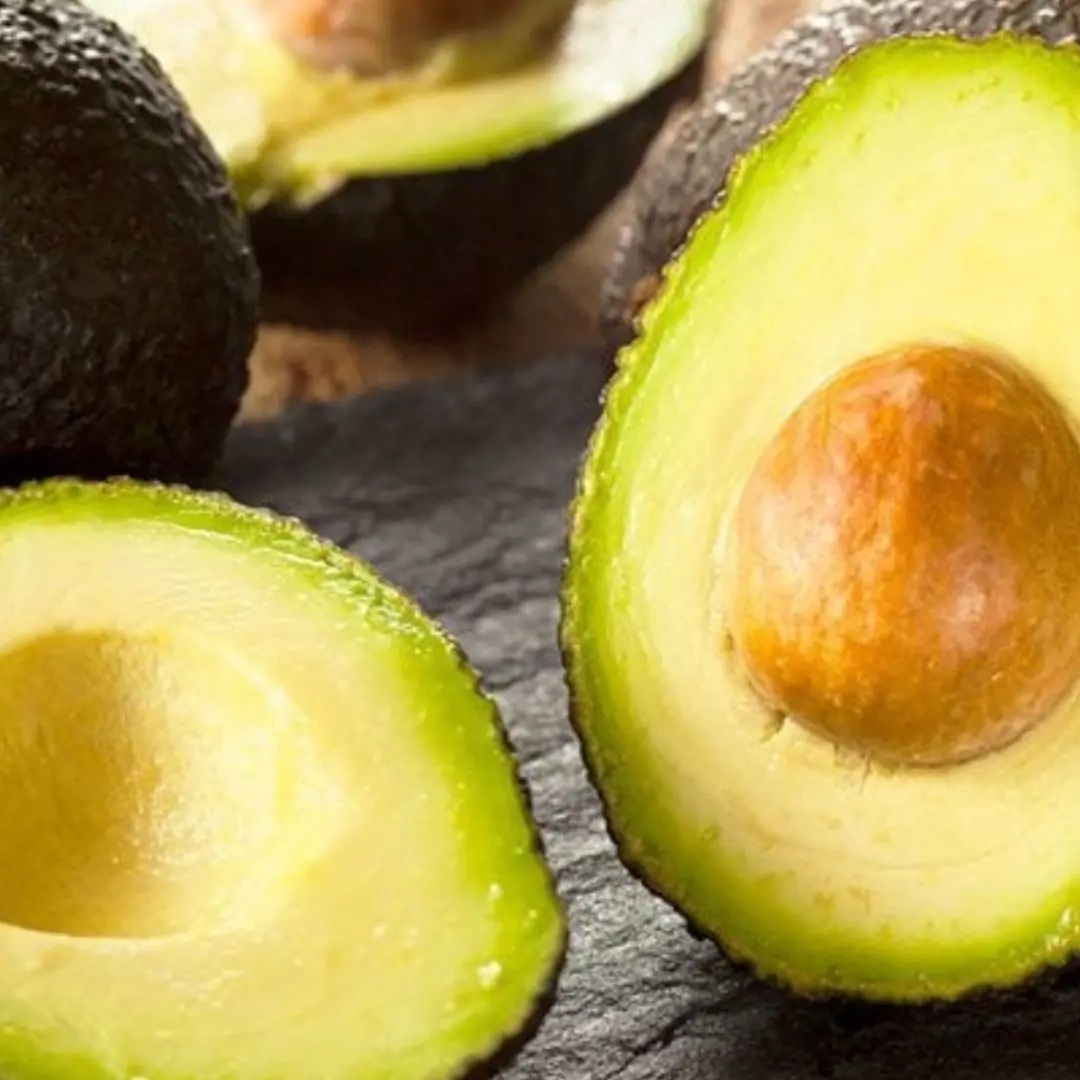
Avocado is a natural medicine: 7 reasons to eat it as soon as possible

5 common mistakes when using an electric kettle
News Post

Oranges Are in Season, but Doctors Warn: Never Eat Oranges With These Three Types of Foods

Stroke Actually Sends Warning Signals Up to 90 Days in Advance — Sadly, Few People Notice in Time to Prevent It

3 sprouting foods with remarkable health benefits

Put an empty plastic bottle in the washing machine — the person who invented this hack must have sky-high IQ

10 Stroke Warning Signs You May Notice 1 Month Before It Happens

8 Early Warning Signs Of Ovarian Cancer You Shouldn’t Ignore
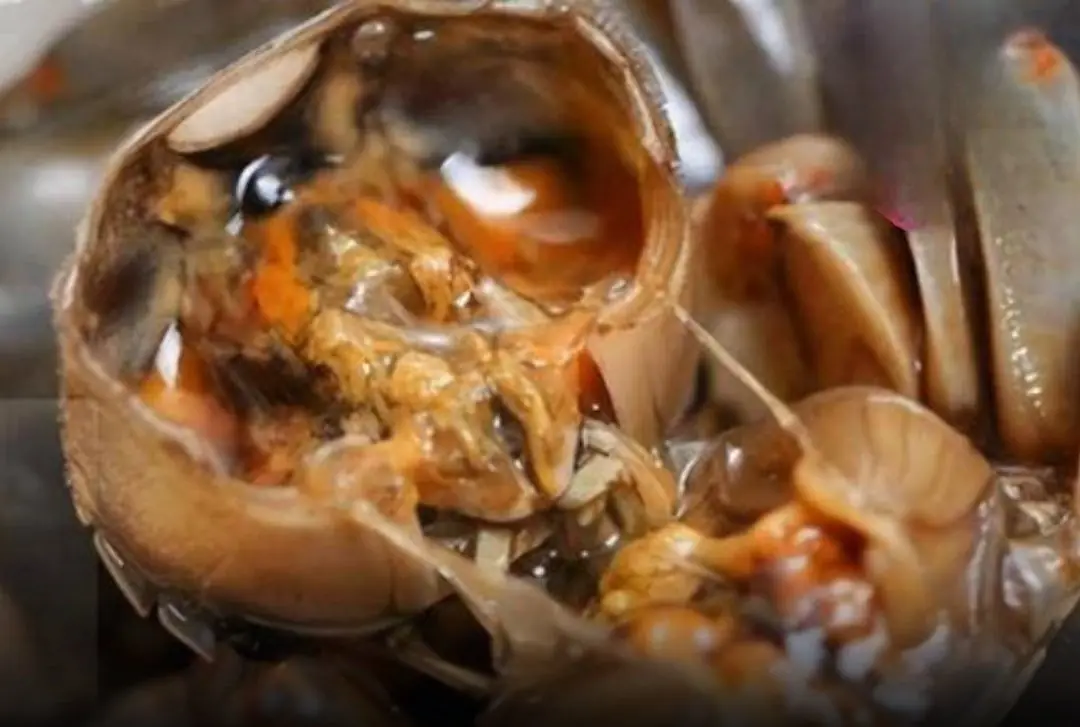
These 4 Foods Are Full of Parasites

Doctors Warn About 3 Foods That Harm the Kidneys When Consumed in Excess

Neck pain, woman shocked to see something sticking out

Drink these 3 types of tea in the evening to improve sleep quality and support belly-fat reduction
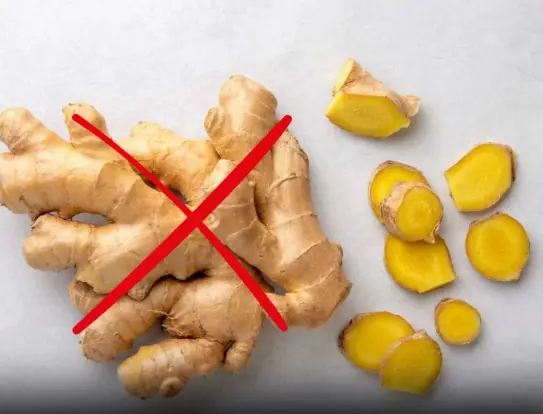
Avoid ginger if you have these 5 health problems..
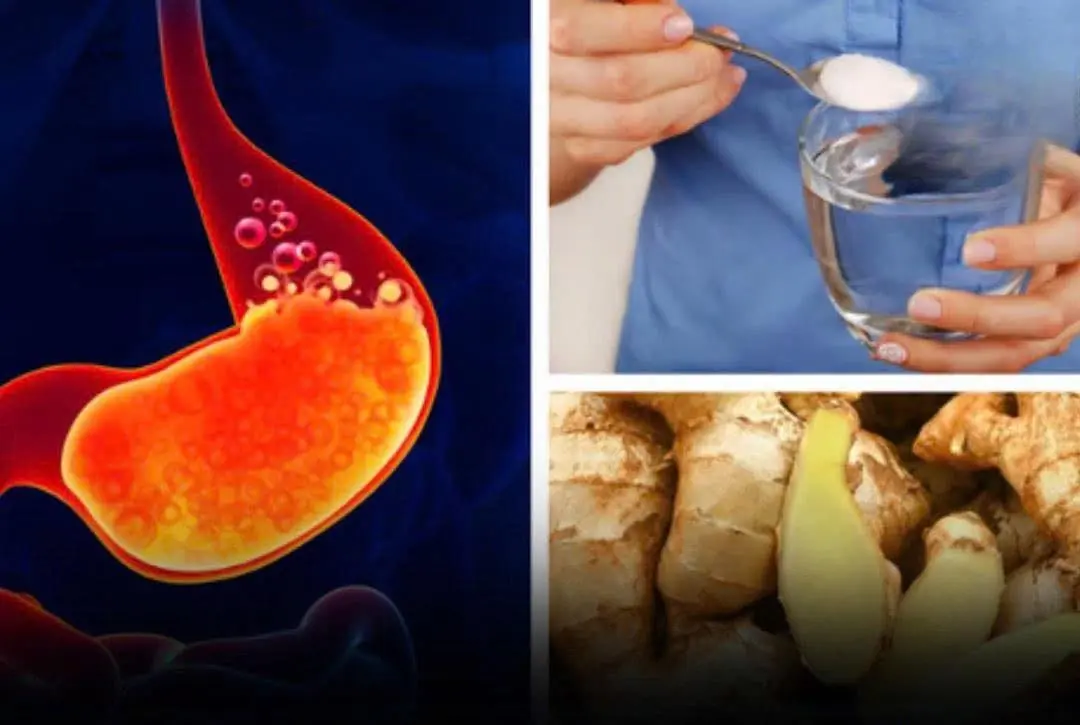
Say goodbye to heartburn — this drink helps soothe acid reflux fast
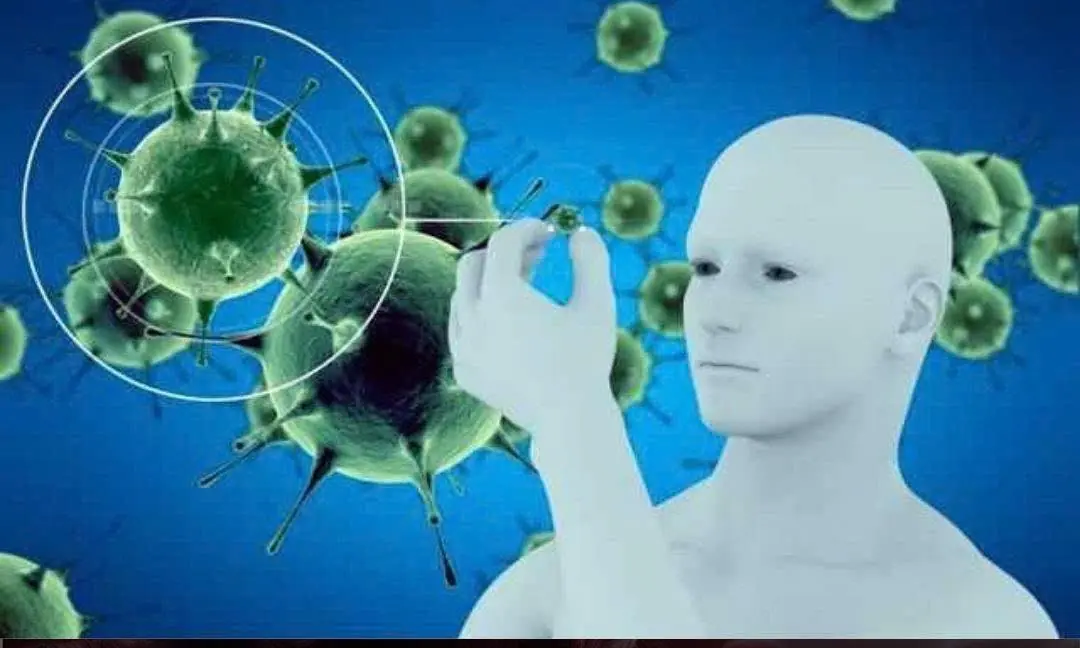
Why Are Can:cer Cases Increasing? Warning: 6 Vegetables That Naturally Contain To.xins
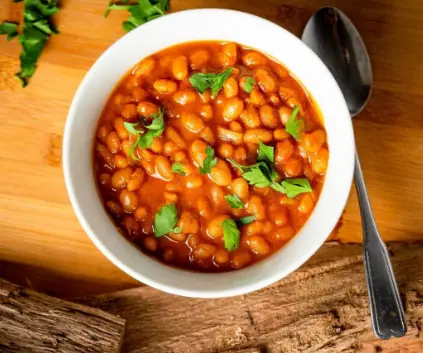
The Vegetable That Helps Reduce Sugar in The Body. It is Diabetes’ Strong Opponent

This Surprising Hack Could Save You Thousands

5 Foods You Should Never Keep Overnight

This one common morning habit could wreck your sleep—experts say skip it.

Important News for Everyone Who Loves a Daytime Nap

Kidney dis.ease cases linked to bottled water are rising every year! Doctors warn to avoid these 4 drinks at all costs
